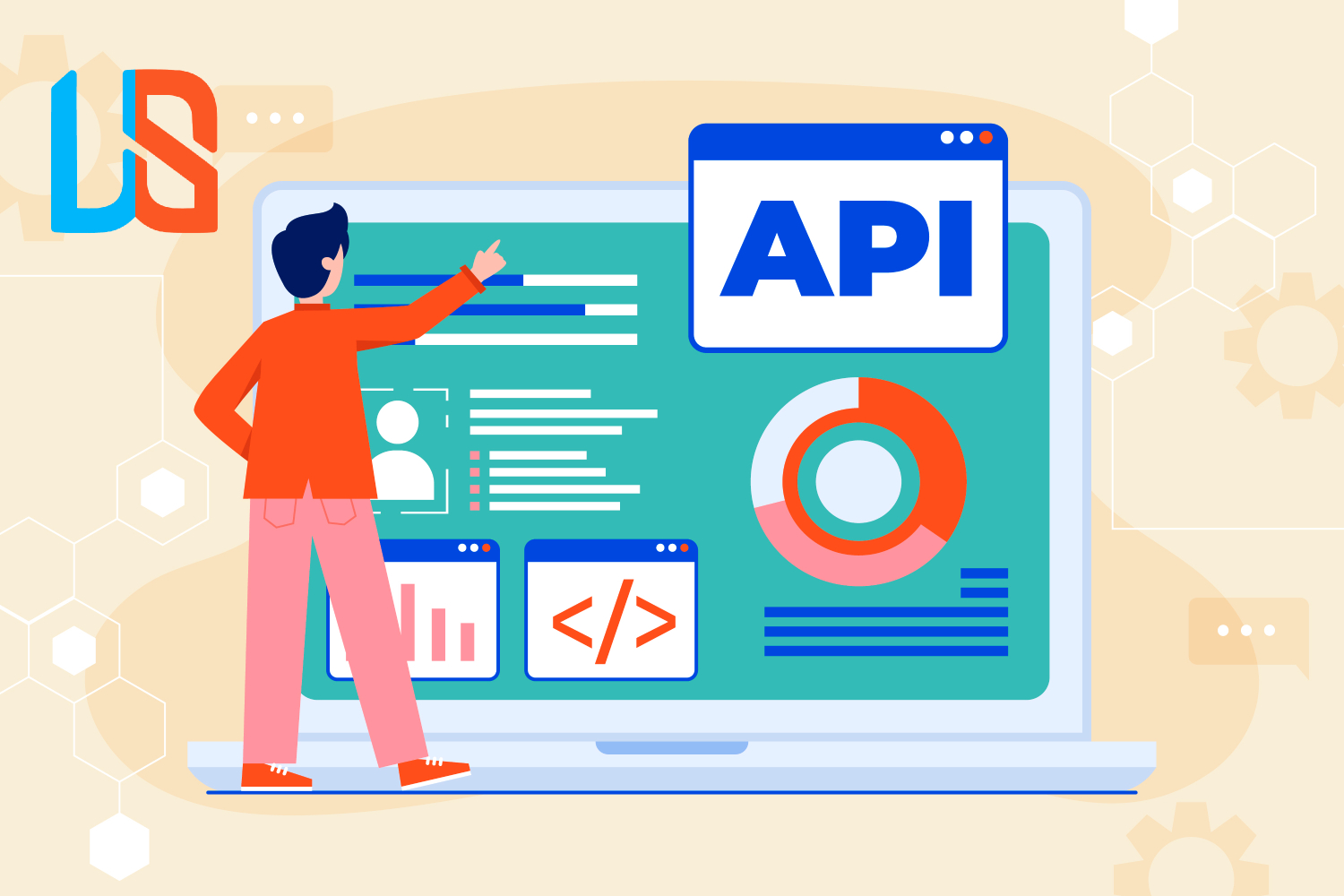
Application Programming Interfaces (APIs) have become a fundamental building block of modern web development, enabling websites to interact with external services, access data, and enhance functionality. APIs allow developers to integrate third-party services, retrieve real-time information, and create dynamic and interactive web experiences. In this article, we will explore the benefits of utilizing APIs for enhanced website functionality.
Introduction to APIs
An API serves as a bridge between different software applications, allowing them to communicate and exchange data. In the context of web development, APIs enable websites to interact with external services, databases, social media platforms, payment gateways, and more. By utilizing APIs, developers can extend the functionality of their websites and create powerful and dynamic web experiences.
Benefits of Utilizing APIs
Enhancing User Experience
APIs play a significant role in enhancing the user experience of a website. By integrating external services and data, developers can provide real-time information, personalized content, and interactive features. For example, weather APIs can display current weather conditions, mapping APIs can provide location-based services, and social media APIs can enable social sharing and user authentication.
Accessing External Services and Data
APIs provide a gateway to access a vast array of services and data from external sources. Developers can leverage APIs to retrieve information such as news articles, product data, stock prices, or user-generated content. This allows websites to stay up-to-date with the latest information and provide valuable and relevant content to their users.
Streamlining Development Processes
APIs offer pre-built functionalities and tools that can accelerate the development process. Instead of reinventing the wheel, developers can integrate APIs to access features such as authentication, file storage, email delivery, or payment processing. This saves development time, reduces complexity, and ensures reliable and secure implementation of common functionalities.
Enabling Integration with Third-Party Platforms
APIs enable seamless integration with third-party platforms, expanding the capabilities of a website. For instance, integrating with social media APIs allows users to sign in using their social media accounts, share content, or display social feeds. Payment gateway APIs enable smooth and secure online transactions, while integrating with messaging APIs facilitates real-time communication with customers.
Examples of API Integration
APIs are utilized in various ways across different industries and applications. Some common examples include:
- Google Maps API: Integrating maps and location-based services into websites or applications.
- Stripe API: Enabling secure online payments and managing transactions.
- Twitter API: Displaying real-time tweets or embedding tweet feeds on a website.
- OpenWeatherMap API: Providing current weather conditions and forecasts for a given location.
- YouTube API: Embedding videos or fetching video data from YouTube
Considerations for API Utilization
When utilizing APIs, it’s important to consider the following:
- API Documentation: Familiarize yourself with the API documentation to understand its functionalities, endpoints, parameters, and authentication methods.
- API Limits and Usage Restrictions: APIs may have limitations on the number of requests, usage quotas, or rate limiting. Ensure you comply with any usage restrictions to avoid disruptions in service.
- Security: Implement proper security measures when handling API requests and responses, including authentication, encryption, and validation of data.
- Error Handling: Plan for handling errors and exceptions that may occur when interacting with APIs. Provide meaningful error messages and fallback mechanisms to ensure a smooth user experience.
FAQs
An API (Application Programming Interface) is a set of rules and protocols that allow different software applications to communicate and exchange data with each other.
No, APIs are used in various domains beyond web development. They are also utilized in mobile app development, desktop software, cloud computing, and many other areas where different software systems need to interact.
Yes, developers can create their own APIs to expose functionalities and data from their applications to other developers or services.
It depends on the API provider. Some APIs offer free access with limitations, while others may require a subscription or payment based on usage.
There are various API directories and marketplaces available online, such as RapidAPI, ProgrammableWeb, or individual service providers’ websites. These platforms provide a wide range of APIs for different purposes and industries.
Conclusion
Utilizing APIs is a powerful strategy for enhancing website functionality and delivering dynamic and interactive experiences to users. APIs enable seamless integration with external services, access to real-time data, and streamlined development processes. By leveraging APIs, developers can create websites that are more engaging, personalized, and efficient in delivering valuable content and services to their audience.





